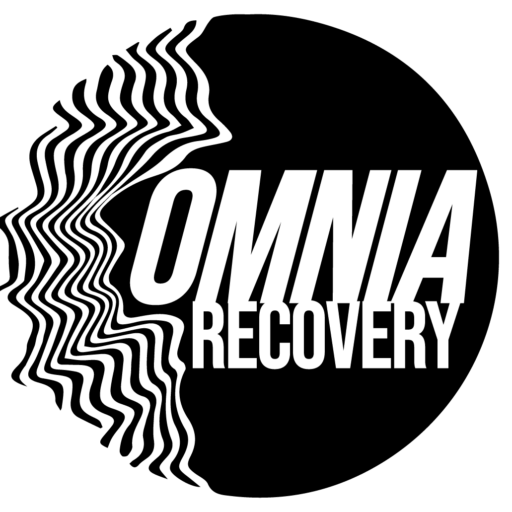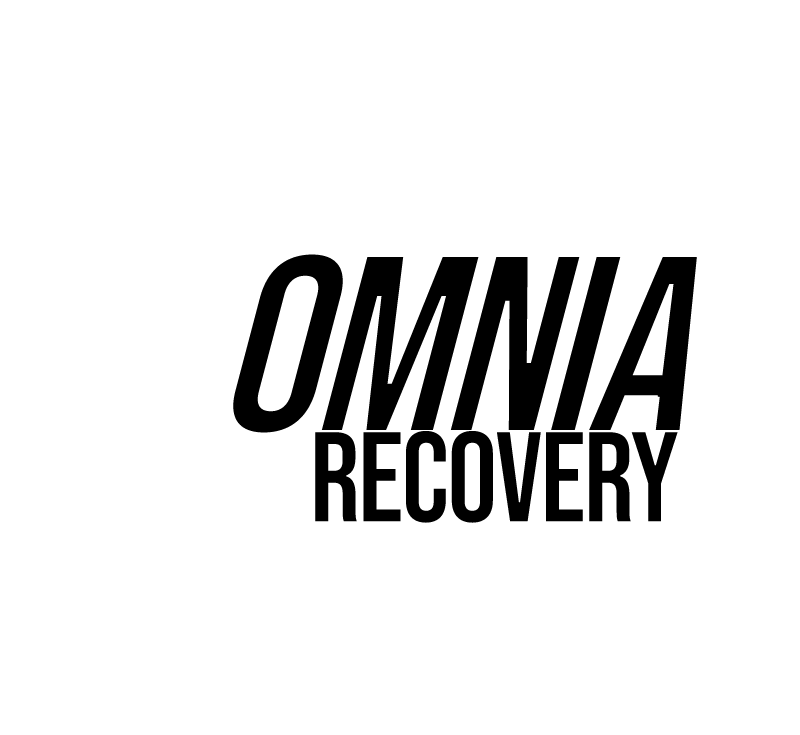Attention deficit hyperactivity disorder (ADHD) is a common childhood condition that can persist well into adulthood. Medication, including stimulants, is the most common form of treatment, and as such, there is an increased link between ADHD and addiction, particularly when prescription stimulants stop working the way they should and individuals living with ADHD develop a tolerance. Individuals are also more likely to struggle with ADHD drug abuse because of feelings of failure, poor executive function, lack of achievement, and impaired function in the reward center of the brain. Thankfully, there are treatment programs available.
Why is ADHD Drug Abuse Common?
ADHD manifests in the form of persistent patterns of impulsivity, hyperactivity, and inattention. Some individuals struggle with one of these over the other, while other individuals have both. Regardless, the symptoms are severe enough that they interfere with regular development and daily function.
- Impulsivity can cause recklessness, leading to ADHD and substance abuse
- Hyperactivity can result in attempts at self-medication to calm down or to stop fidgeting by using drugs and alcohol
- Inattention can result in ADHD and addiction as individuals try to overcome disorganization or inattention with drugs to help them focus
Many children who struggle with ADHD can face persistent symptoms into adulthood.
There’s no definitive reason for higher rates of ADHD drug abuse, but there are several theories as to why individuals with ADHD have higher rates of addiction:
- Individuals with ADHD are more likely to struggle with poor executive functioning, which means that when exposed to illegal drugs or alcohol, those same individuals don’t have the self-restraint they need to avoid using
- ADHD can result in feelings of failure and a lack of achievement, which increases the risk of substance abuse disorders, especially among adolescents
- Individuals living with ADHD are more likely to have impaired function in the reward center of their brain, which means that using illegal substances like cocaine and even nicotine can produce the same effects as the stimulant medication that’s prescribed to manage symptoms
- Many people living with ADHD resort to substances like alcohol to try to alleviate many of the symptoms associated with the condition
- Individuals who are prescribed medication to manage their symptoms are at an increased risk of developing an addiction down the line because the prescription medications are addictive stimulants
ADHD and Substance Abuse
Studies have found that adults living with ADHD are more likely than those without ADHD to develop a substance abuse disorder at some point.
ADHD drug abuse often begins earlier, with a higher likelihood that substance abuse risk increases with symptoms of ADHD.
- 15 percent of adults are diagnosed with ADHD and addiction, compared to rates of substance abuse among those without ADHD at only 5 percent.
- Studies indicate that between 15 percent and 65 percent of children with ADHD will continue to have symptoms into adulthood.
- Across the United States, around 11 percent of children are diagnosed with ADHD.
- Up to one-quarter of those with ADHD who have a prescription admit to abusing their prescription
- Those who are prescribed ADHD stimulants and misuse them are more likely to use substances like opioids, cocaine, hallucinogens, and marijuana recreationally
However, treatment programs can provide relief for individuals living with addiction while also offering dual diagnosis programs that treat symptoms of ADHD and help clients develop organizational skills, time management skills, and better communication skills.
Getting Help for ADHD and Addiction with Omnia Recovery
At Omnia Recovery, clients can get treatment for addiction with Ventura County outpatient rehab programs that fit their schedules. Our unique behavioral health clinic in Ventura County understands that many clients live busy lives, complete with personal and professional obligations that they might not be able to get around. That is why our outpatient programs offer greater flexibility in terms of scheduling, providing people with access to weekly support group meetings and evidence-based practices.
Individuals with ADHD, especially in adulthood, are statistically three times as likely to struggle with substance abuse compared to those without ADHD. The primary reasons behind the high rates of ADHD and substance abuse have to do with individuals self-medicating to control their symptoms or individuals developing an addiction because of the medication they are prescribed for their symptoms. With the right outpatient programs, you can find treatment regardless of the cause, work to control your symptoms and improve your overall well-being.Contact Omnia Recovery today to learn more about ADHD addiction treatment in Ventura County.




